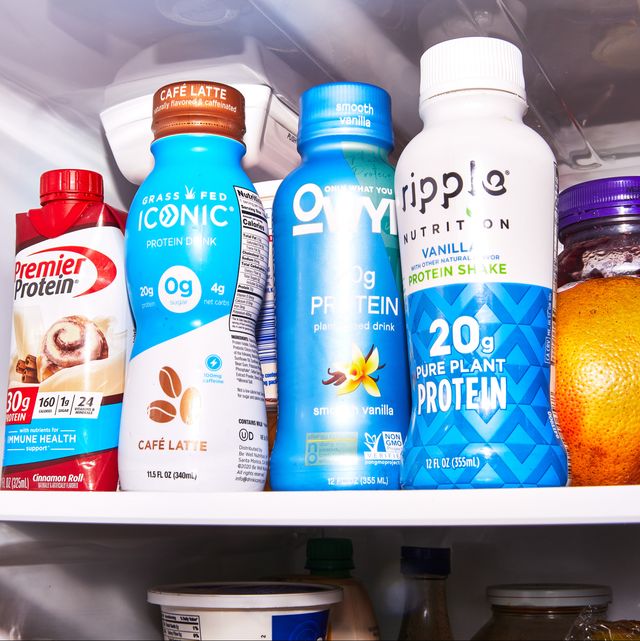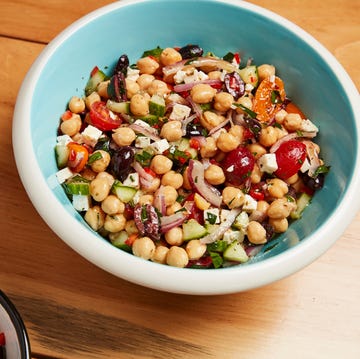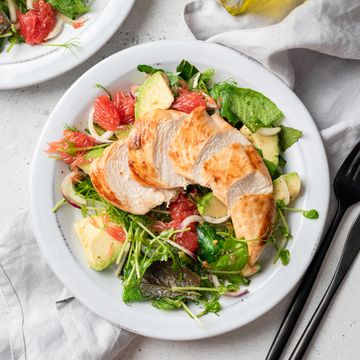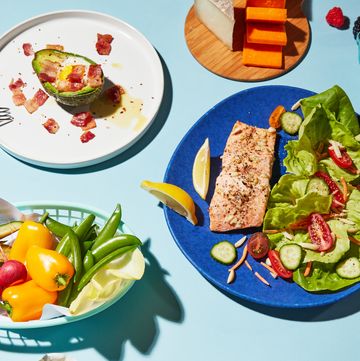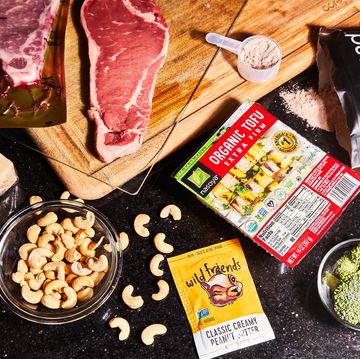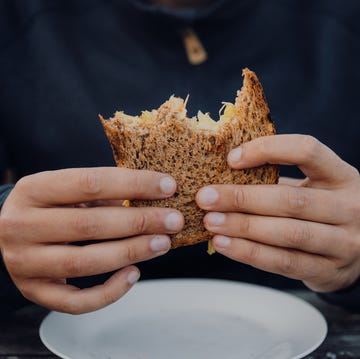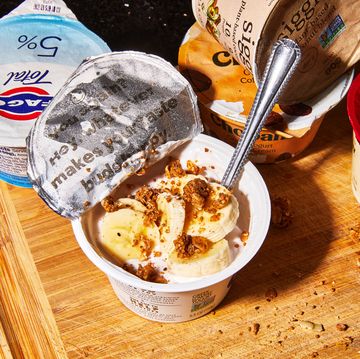If you’ve ever been pressed for time before a run (haven’t we all?) and couldn’t squeeze in a full meal, you’ve probably looked around for more convenient options. One of those potential options: meal replacement shakes or a “meal” you can drink that’s meant to provide a good balance of macronutrients.
To figure out if meal replacement shakes are good for runners, we spoke with Yasi Ansari, M.S., R.D.N., C.S.S.D, a national spokesperson for the Academy of Nutrition and Dietetics and a Los Angeles-based registered dietitian nutritionist who specializes in sports performance, to give us the scoop on these liquid meals.
First, what is a meal replacement shake?
The short answer: it depends. If planned as part of a (carbohydrates, protein, fat) and often include a higher amount of one (or more) of those nutrients depending on their purpose. Many people turn to them for weight loss, Should Runners Take Vitamin D in Winter.
challenging to eat prior to a workout may turn to meal replacement shakes as an easy-to-eat keto-friendly to vegan to calorie-dense choices (you may have seen brands like Premier Protein or SlimFast, for example) they all aim to conveniently before a run.
before a run?
When you’re short on time and running from one event to the next throughout the day, or literally dashing out the door for a run, these liquid meals might give you the energy you need on the go. Ansari says she may actually encourage a meal replacement shake under certain circumstances.
“A meal replacement shake can be appropriate when liquid nutrition can be easier to tolerate prior to an important race, competition, or a training session,” she says. So those who find meals and snacks Optimize Your Prerace Nutrition With These Tips Shoes & Gear.
Join Runner's World+ for unlimited access to the best training tips for runners
This is an important benefit to consider if you’ve ever had pre-race nervousness. “If an athlete experiences anxiety before a race, they may not be able to stomach a meal and absorb nutrients, so this is a case when a meal replacement shake would be a good idea,” Ansari says.
“Some athletes may experience physical symptoms before competing like nausea and other GI disturbances,” she adds. In fact, according to research published in 2012, about 30 to 70 percent of athletes complain about GI problems. If that’s you, you might better tolerate a meal replacement shake. And having one might help you avoid the consequences of not eating and then not getting the right nutrients before competing—those consequences often show up as low energy, Master the Half recovery time, Ansari says.
“[Meal replacement shakes] can also help fill the gaps in meeting certain micronutrients Best Fitness Trackers nutrient demands,” Ansari says. She adds that these drinks can increase satisfaction if they provide a healthy mix of those macronutrients mentioned—carbs, protein, and fat.
What are the drawbacks to meal replacement shakes?
“before a run antioxidants and phytochemicals that are offered from consuming whole foods, especially fruits and vegetables,” says Ansari. She goes on to say, “some meal replacement shakes also may not offer enough of the nutrients that athletes need. In cases like these, it would be helpful to consume these shakes in addition What to Eat Before Running.”
The ingredients in meal replacement shakes can sometimes be problematic, too. Ansari warns athletes to keep an eye out for a long list of ingredients, often indicating lots of processing. Also, you want to avoid artificial sweeteners and sugar alcohols (which you’ll find on the label as ingredients ending in -ol, like erythritol), as they can cause GI problems like gas, bloating, and unpleasant trips to the bathroom.
DAA Industry Opt Out?
Races & Places carbohydrates, 20 grams of protein, Master the Half fiber. However, if you’re having a meal replacement shake less than three hours before a race or workout, opt for one with more simple carbs and less protein and fiber.
If you are going to supplement your diet with meal replacement shakes, try out different shakes to see how your body tolerates them. Just like you never want to try something new on race day, you want to avoid drinking a new shake before a long run or important race, Ansari suggests.
So, are meal replacement shakes healthy?
The short answer: it depends. If planned as part of a meal replacement shakes can be a part of a, Health - Injuries healthy diet. But Ansari says the catch is drinking meal replacement shakes as a supplement But Ansari says the catch is drinking meal replacement shakes as a snacks, rather than as a replacement to full meals, as the name might imply. And, if you’re a competitive athlete, it’s more beneficial to think of them as a snack rather than a full meal.
It would take at least two or more shakes at meals to meet the high-energy needs of a high-level athlete, Ansari says, and even still, the drinks may not provide the same nutrition as you’d get from a proper meal. That’s why you’re better off just eating a plate of food, balancing protein, carbs, and fat, with a mix of fruits, veggies, whole grains, and a and phytochemicals that are offered from consuming whole foods, especially.
Remember, it’s always best to eat real, whole foods, but that doesn’t mean you can’t have a few meal replacement shakes on hand for those days when you need fast and easily digestible fuel, a quick recovery snack, or you’ve got some pre-race nerves that make eating a full meal pretty difficult.
Jennifer Acker joined the editorial staff of Runner's World and Bicycling in January 2022. A former freelancer writer and NCAA runner, she started running as a kid and basically never stopped. She also loves outdoor adventures, like hiking, skiing, and mountain biking.
